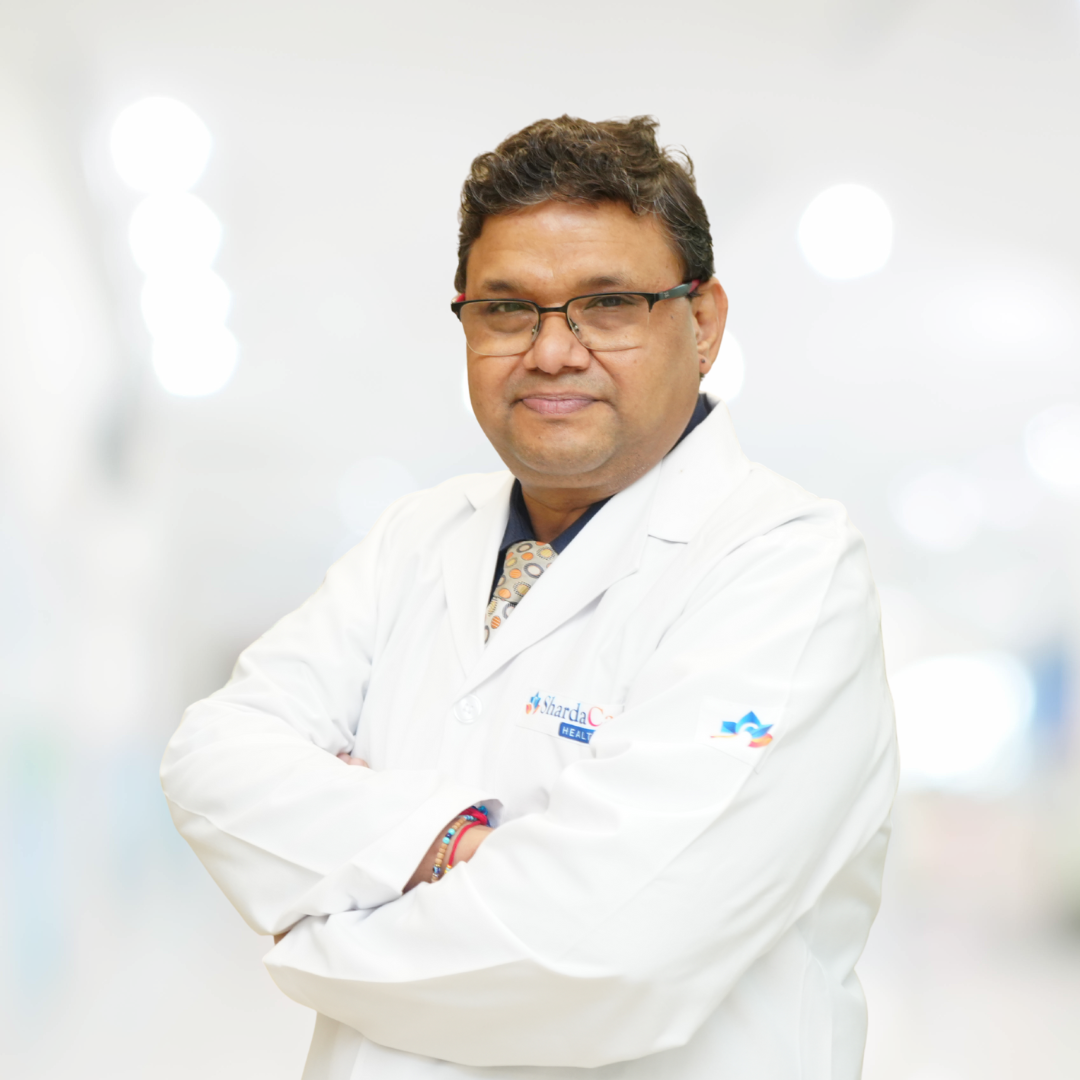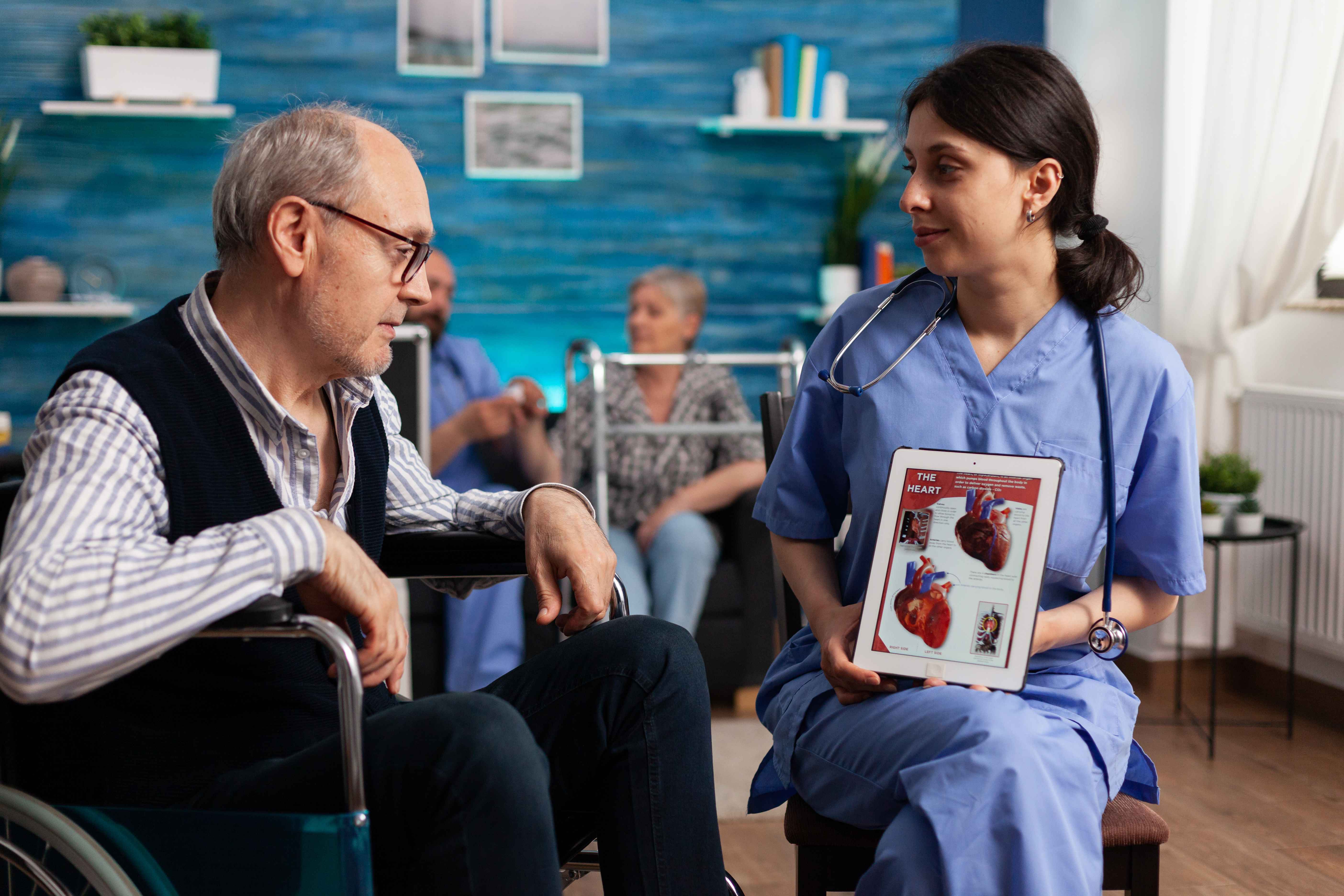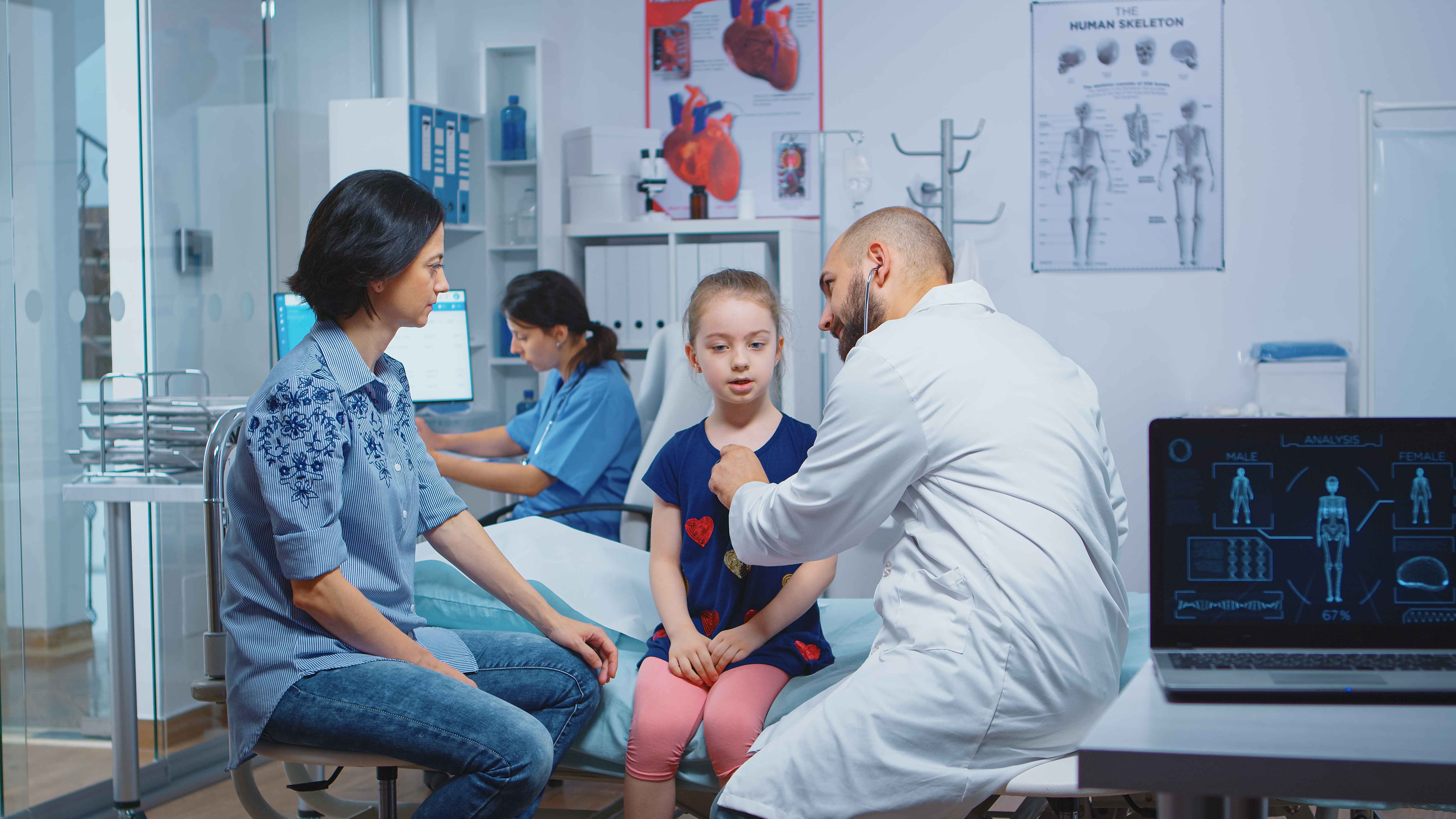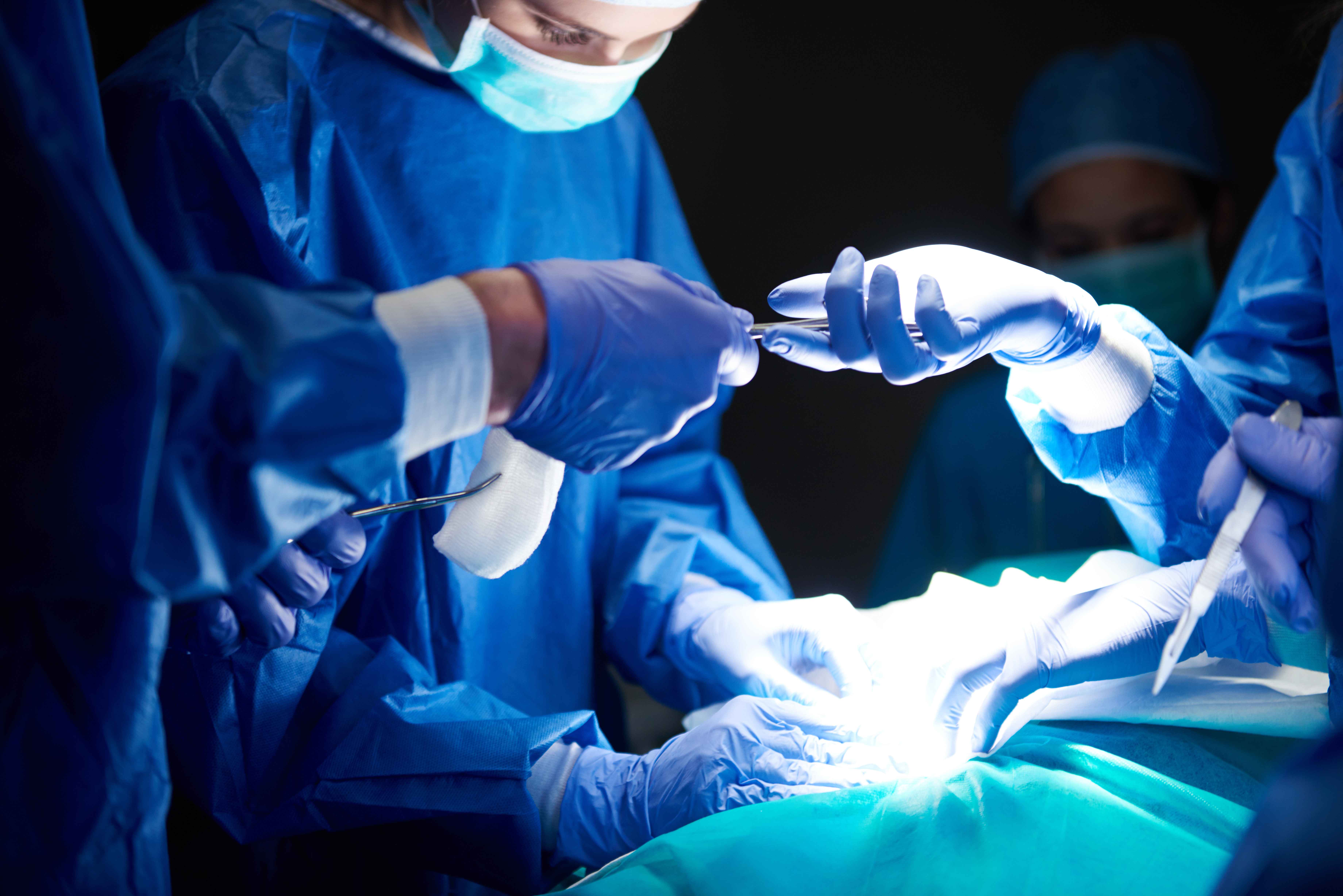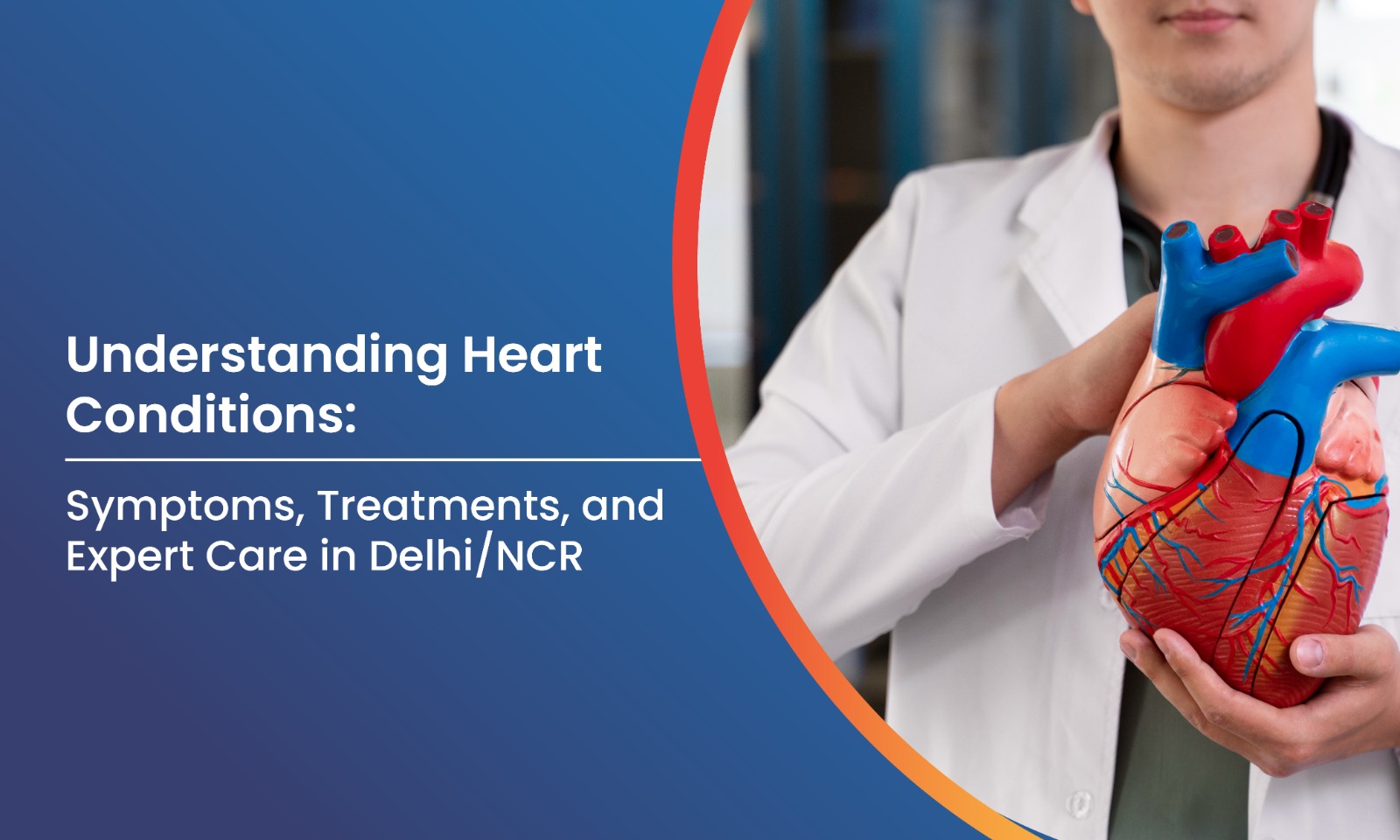
Non-Invasive Cardiology & Heart Imaging Services at ShardaCare – Healthcity
At ShardaCare - Healthcity , our dedicated team of specialists in non-invasive cardiology employs cutting-edge techniques to provide exceptional cardiovascular care without resorting to invasive procedures. Whether you require non-invasive cardiac output monitoring or precise cardiac imaging, our comprehensive services cater to your individual needs. Through various imaging techniques, diagnostic tests, and state-of-the-art technologies, our non-invasive cardiologists can accurately assess heart structure and function, detect abnormalities, and devise effective treatment strategies to manage cardiovascular conditions efficiently.
Methods Employed in Non-Invasive Cardiology
Non-invasive cardiologists utilize a variety of techniques, including:
- Echocardiography: Also referred to as cardiac ultrasound, this non-invasive imaging method utilizes sound waves to generate images of the heart, aiding in the assessment of its function and detection of any abnormalities.
- Nuclear Cardiology: This non-invasive diagnostic approach involves the use of various imaging modalities utilizing radioactive elements to assess cardiovascular conditions.
- Stress Testing: This procedure involves monitoring the heart's activity during physical exertion, such as walking on a treadmill or cycling on a stationary bike, to evaluate its stress response.
- Cardiac Magnetic Resonance Imaging (MRI): Utilizing powerful magnets and radio waves, this imaging technique produces detailed images of the heart, facilitating the diagnosis of cardiac abnormalities.
- Electrocardiography (ECG or EKG): This method utilizes heart monitors to record the heart's electrical activity, aiding in the diagnosis of various cardiac conditions.
- Computed Tomography (CT) Angiography: Using X-rays, this imaging procedure visualizes blood vessels to detect blockages or narrowing, providing insights into the extent of coronary artery disease without the need for invasive interventions like cardiac catheterization.
- Non-Invasive Cardiology in Practice
- Non-invasive cardiology serves as a cornerstone in the diagnosis, management, and prevention of various cardiovascular ailments. Its pivotal applications encompass:
- Diagnosis of Cardiovascular Conditions: Non-invasive imaging modalities like echocardiography, cardiac MRI, and CT angiography aid in identifying coronary artery disease, heart valve disorders, myocardial damage, cardiomyopathies, and congenital heart anomalies.
- Assessment of Cardiac Function: These techniques enable the evaluation of cardiac pumping ability, assessment of valve function, and detection of structural abnormalities and blood flow irregularities within the heart.
- Risk Evaluation: Non-invasive stress tests and arterial calcium scores can help figure out how likely someone is to get heart disease and help with the prevention and treatment of that disease.
- Monitoring: Non-invasive cardiology encompasses the surveillance of treatment efficacy, including medication regimens, lifestyle modifications, and cardiac rehabilitation initiatives, to optimize cardiac health and function.
Benefits of Non-invasive Cardiology
Non-invasive cardiology presents several advantages over invasive techniques, making it the preferred approach for diagnosing and managing various cardiac conditions. Some of its key benefits include:
- Safety: Unlike invasive procedures, non-invasive techniques do not require the insertion of catheters or surgical tools into the body, reducing the risk of infection, bleeding, or damage to blood vessels and organs.
- Comfort: Non-invasive tests involve minimal discomfort compared to invasive procedures, often eliminating the need for sedation or anaesthesia.
- Accessibility: Non-invasive tests are readily available and can be performed in outpatient settings, minimizing the need for hospitalization and allowing for greater convenience for patients.
- Cost-Effectiveness: Non-invasive procedures are generally more affordable than invasive techniques, as they do not necessitate specialized equipment or operating rooms.
- Versatility: Non-invasive tests can assess a wide range of cardiac conditions and can be repeated as needed to monitor changes in a patient's condition over time.
- Early Detection and Prevention: Non-invasive tests enable early detection of cardiac issues, facilitating timely intervention and preventive measures to mitigate the risk of cardiovascular diseases.
- Convenience: With shorter preparation and recovery times than invasive procedures, non-invasive tests allow patients to resume their normal activities sooner, enhancing overall convenience and patient satisfaction.
Looking for an Expert
Sharda Care The Healthcity is home to some of the eminent Doctors in the world.
Book an Appointment



